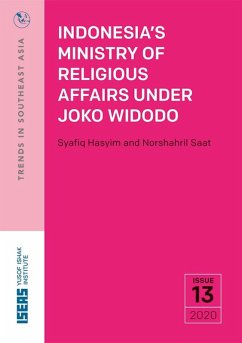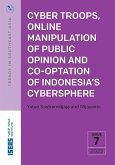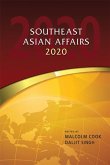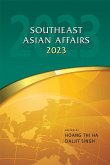Indonesia is the most populous Muslim country in the world, with 87.18 per cent of its 260 million population embracing the Islamic faith. However, Indonesia is neither an Islamic state nor a secular one. It adopts Pancasila as the state ideology but has a Ministry of Religious Affairs (MORA) overseeing six official religions.MORA has its genesis in Dutch colonial rule (1602-1942). It was strengthened during the Japanese occupation (1942-45) and then sustained by the post-independence Indonesia government (after 1945). The decision to keep MORA was to compensate those who had aspired for the enactment of the Jakarta Charter in the era of Sukarno but failed.MORA has always been the arena for contestation between the traditionalist Nahdlatul Ulama (NU) and the modernist Muhammadiyah. Both organizations eye not only the minister post, or leadership positions in the bureaucracy, but also lower ranking positions.This article examines how MORA has been managed under President Joko Widodo (Jokowi) from 2014 till the present. It highlights similarities and differences in Jokowi's control of the influential ministry compared to his predecessors. In 2014, even though Jokowi was elected on a reform agenda, he left MORA untouched.After the 2019 election, Jokowi appointed Fachrul Razi, a retired general as Minister of Religious Affairs, departing from past practices of naming a religious scholar (ulama) or a religiously trained person (santri) to that position. This demonstrates a wish on the part of the President to shake up the ministry and to exert control over the institution. This decision, however, has alienated core supporters in NU who helped him get re-elected in 2019.
Dieser Download kann aus rechtlichen Gründen nur mit Rechnungsadresse in A, B, BG, CY, CZ, D, DK, EW, E, FIN, F, GR, HR, H, IRL, I, LT, L, LR, M, NL, PL, P, R, S, SLO, SK ausgeliefert werden.









